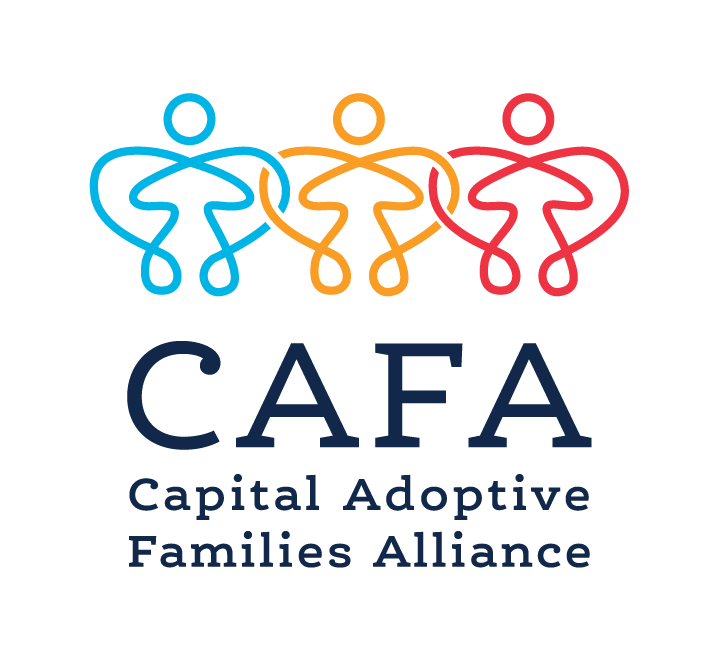
Choosing Your Child’s Therapist
Choosing a therapist is a personal process and only the individual client can judge who is the best therapist for him or her. During the first contact, clients need to get a sense for themselves of whether this therapist understands them and whether the therapist can meet their particular needs. Clients may wish to meet more than one therapist before making a decision.
Questions to Ask a Prospective Therapist
Screening candidates through a brief phone contact or consultation visits will help you find the right therapist. Here’s a list of questions to ask. Remember to trust your instincts.
Q: What specialized training, supervision, or continuing education have you had to prepare for work with adoptive families, and how much experience do you have?
Q: Have you ever worked with children who are adopted, especially children who were not infants at the time of their adoption, or with children in foster care? How do you think these situations differ from children living in their birthparents’ home? What are some of the important, but different issues for children adopted as newborns and those placed later?
Q: Are you willing to learn about the issues unique to adoption and foster care that you are unfamiliar with? (A response of No to this question is a major red flag.)
Q: Whaat do you see as key issues involving adopted children? (Key issues for children in placement may involve loss, attachment disorder, fear of abandonment, anger, identity problems, and acting out. Histories of physical or sexual abuse may add other care issues for children adopted at older ages.)
Q: Have you had training or done work with children who have post-traumatic stress disorder? (If your child has a history of abuse and neglect, have the therapist describe the disorder and relate it to experiences of abuse and neglect.)
Q: Do you see the needs of adopted/foster children and families as unique? Or do you believe “just plain old therapy” will be sufficient? (The needs of adopted children and their care givers are unique. You will feel most comfortable with a therapist who recognizes this.)
Q: Will you work with the entire family or just with the child? (Look for a therapist who will combine approaches. Those who work only with the child may label him often as the problem. Those who work only with the entire family may neglect the need of the individual child.)
Q: Do you work as part of a network with other agencies or professionals or use other resources in addition to therapy services in the office or clinic?
Q: What particular type of therapy or theory guides your approach? (Consider how well this will match your needs and the needs of your child. Will the approach be compatible with other services you might be using?)
Q: If applicable, ask “Do you have experience or knowledge of transracial and transnational issues?” and “Do you have experience with international adoption?”
Financial
Adoption Assistance +
The Adoption Assistance Program (AAP) is a federal program of financial assistance for adoptive children that goes into effect after the Adoptive Placement Agreement is signed.
School District +
Contact your district for further information.
Medi-Cal +
All children who qualify for AAP benefits are also eligible for health care services through the Medi-Cal program.
Private Pay +
Private pay is the primary funding source for a large majority of products and service associated with long-term care. Private pay refers to costs that are borne by the individual or his/her family. These services include a wide range of long term care products and services that are not covered by Medicare, Medi-Cal or insurance. Individuals without long term care insurance must pay for these services out-of-pocket.
Victim Witness +
The Victim Compensation Program (CalVCP) can help victims and family members of victims for crimes such as: domestic violence, child abuse, assault, sexual assault, molestation, homicide, robbery, drunk driving, vehicular manslaughter.

